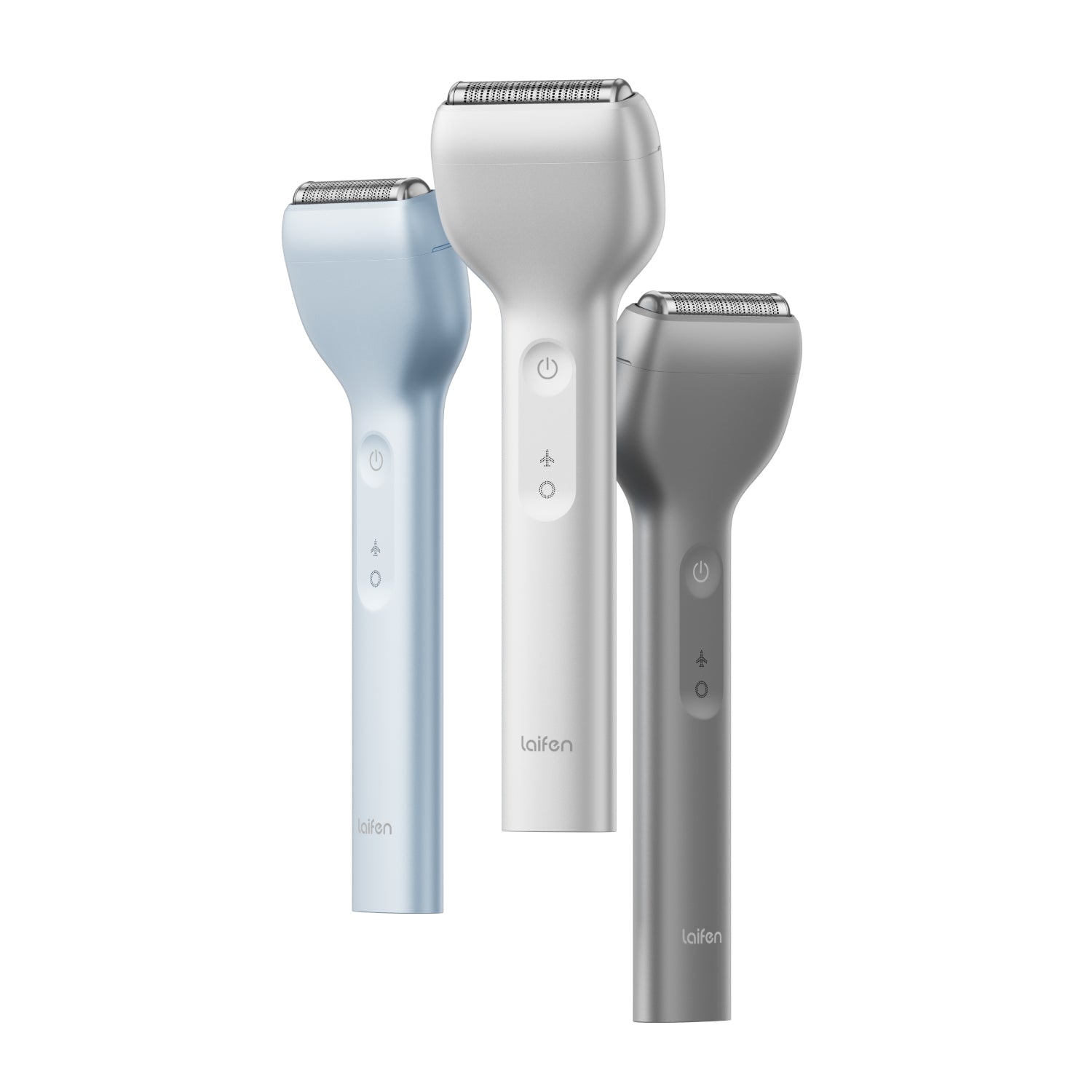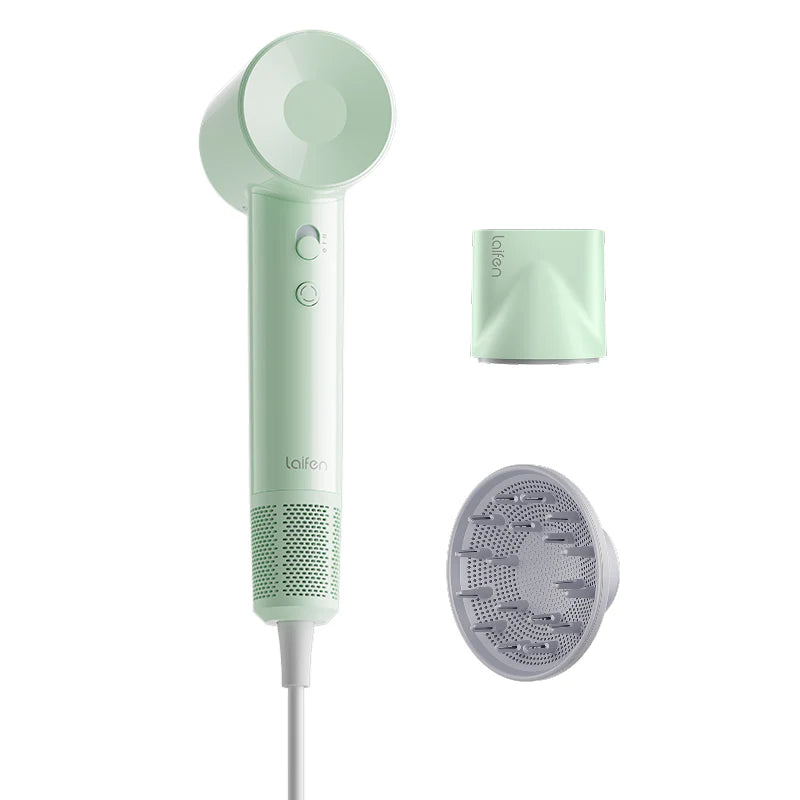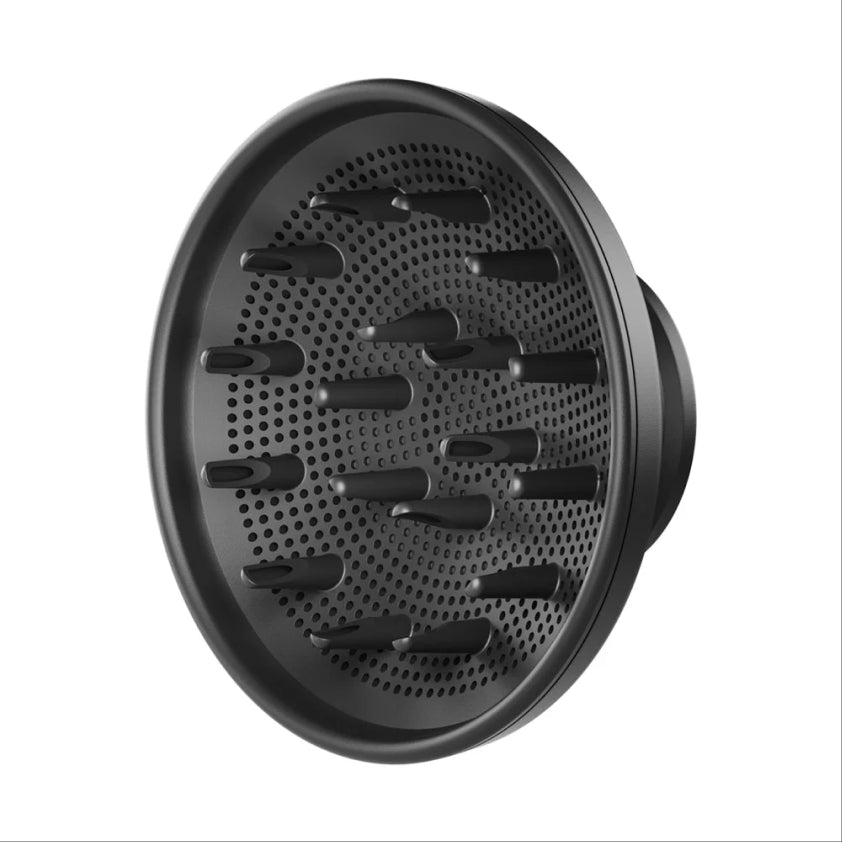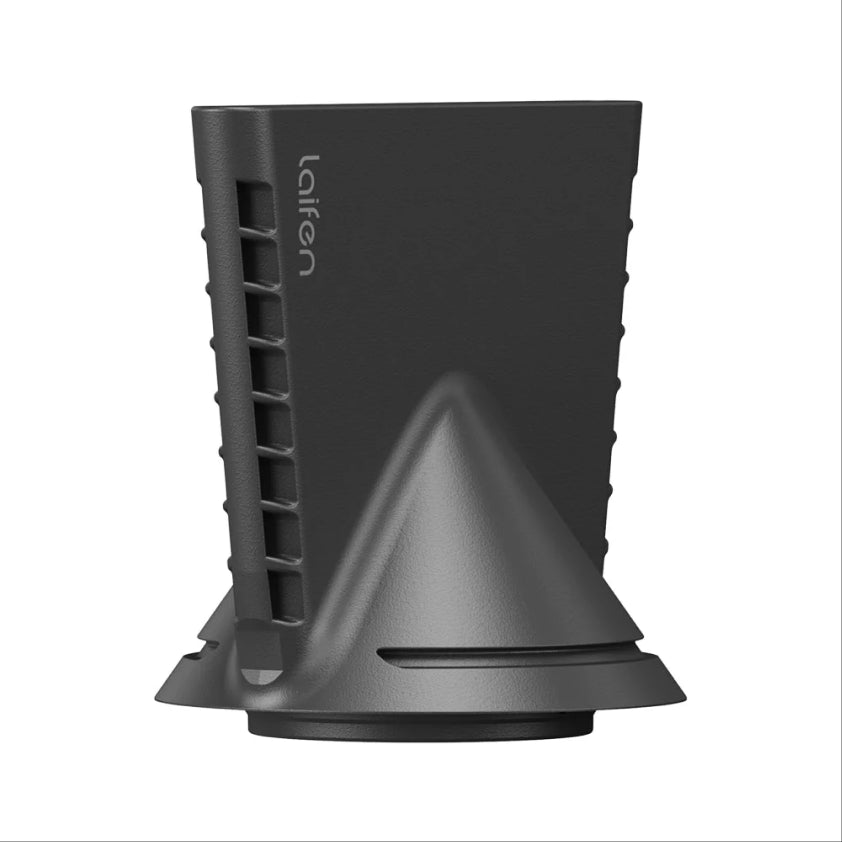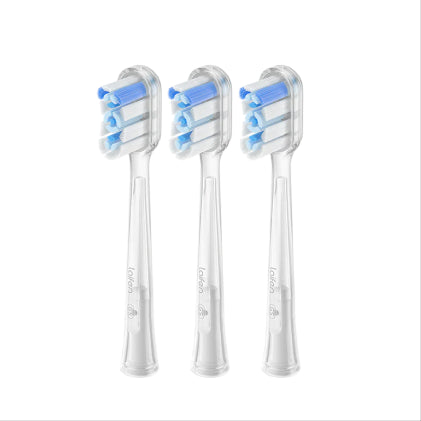
In this article
Those with naturally wavy hair are blessed with a beautiful texture that many others dream of. But the beauty doesn’t come without its own set of challenges.
Wavy hair is often more prone to frizz, and it can also take a long time to dry. If you’ve ever found yourself frustrated because of this, you’re in the right place. We’ll be explaining why wavy hair takes forever to dry, and sharing some tips to help you speed up the process in this guide. Read on to learn how to revolutionize your drying game while boosting your natural waves!

Why Does Wavy Hair Take So Long To Dry?
You’re likely wondering why wavy hair takes so long to dry compared to straight hair.
Texture is the biggest factor
The more textured hair is, the longer it takes to dry. Waves, twists, and coils have more surface area for water to cling onto. The strands trap moisture, and therefore take longer to dry. Think of a wet towel: if you lay it flat, it will dry faster than if you leave it scrunched up on the ground.
Other factors that impact drying time include:
- Hair density. The more hair you have, the longer it will take to dry.
- Hair thickness. Thickness is different to density, since it’s possible to have hair that is fine but dense. Thick hair is more heavy and voluminous than fine hair, so moisture tends to stick to it longer.
- Hair health. Damaged hair tends to absorb and retain moisture for longer, since it has higher porosity than healthy hair; damaged hair cuticles have tiny gaps and openings that water can easily penetrate.
Air Drying vs Blow Drying Wavy Hair
You may be wondering if air drying or blow drying is better for wavy hair. The truth is, one method isn’t inherently better than the other. They each have their own pros and cons.
Air drying is a great way to embrace the natural texture of your hair, and it’s a guaranteed way to avoid heat damage. However, leaving hair wet for too long isn’t ideal. Wet hair is weaker than dry hair. When hair strands absorb too much moisture, they can start to swell up. This puts pressure on the proteins that bond your hair together, leading to frizz, breakage, and potential damage. With this in mind, air drying may not be the best solution for people with wavy hair that takes a long time to dry.

Blow drying will definitely speed up the drying process, but it can cause heat damage if you’re not careful. Be sure to choose – and use – your hair dryer wisely. Always start with a heat protectant product, and invest in a high quality model that has features that prevent heat damage, like ionic technology or temperature cycling. If you’re not sure if your hair dryer has advanced features, play it safe by sticking to low heat settings.
Some people may opt for a mixture of the two drying styles to reduce chances of damage. You can either start by partially blow drying your hair and letting the rest air dry, or vice versa.
Diffusing Wavy Hair For Faster Drying
If you’re going to blow dry your hair, you may want to try diffusing as well. This method is especially popular for those with wavy and curly hair for several reasons:
- It boosts wave definition and volume.
- It reduces frizz and prevents damage by evenly distributing heat.
- It speeds up hair drying times, since it creates an even airflow that gets to individual strands faster.
To diffuse your wavy hair, all you need to do is add a diffuser attachment to your hair dryer. Start by applying product to wet hair, then begin blow drying from the roots downwards at a low to medium heat setting. You can create more volume by tilting your head or flipping it upside down. Continue in sections until your hair is about 80% dry, then let the rest air dry.
How To Dry Wavy Hair Faster
A long drying time is a common characteristic of wavy hair, but there are steps you can take to speed up the process.
Try a bonding shampoo.
Bonding products can speed up drying time because they contain ingredients that help to seal and smooth the hair cuticle. They strengthen hair structure and minimize porosity, which reduces the amount of water that gets absorbed into hair strands. Just make sure you’re balancing out your bonding products with plenty of moisture.
Get the right haircut.
Certain hairstyles have the power to optimize drying time. For example, certain layered styles can reduce bulk so that individual sections of hair can dry faster. Speak to your hair stylist to find out which options are best for you.
Use products with silicones.
This ingredient creates a water-repellent effect on hair. Silicones coat individual strands to add shine and prevent frizz. They turn into a shield that prevents moisture from penetrating the innermost layers. Just be mindful of quantities, as silicones can lead to build up on hair. You may want to add a clarifying shampoo into your routine if you go the silicone route.
Use a microfibre hair wrap.
This material is specially designed to speed up drying and reduce friction, so you can enjoy smoother hair faster.
Use a hair dryer.
Sometimes the fastest way to dry your hair is to apply a bit of warmth and power.
Best Fast Drying Hair Dryers For Wavy Hair
If you’re seeking a high quality hair dryer that will cut your drying time in half without sacrificing your waves, consider the Laifen SE High-Speed Hair Dryer.
Equipped with a powerful 105,000 rpm brushless motor and ionic technology, the Laifen SE dries hair three times faster than a conventional hair dryer. It uses 200 million ions to repel moisture from strands while neutralizing static electricity for sleekier, silkier hair. And you don’t have to worry about heat damage thanks to its innovative temperature cycling mode, which prevents your strands from excessive heat exposure. Plus, it comes with a diffuser nozzle to unleash your most gorgeous waves!
Conclusion – Why Does Wavy Hair Take Forever To Dry?
The curved texture of wavy hair is prone to longer drying times, but there are plenty of things you can do to speed up the process without damaging your hair. From choosing a strategic haircut to getting the right products and tools, you don’t have to spend half your day waiting for your hair to dry anymore.


